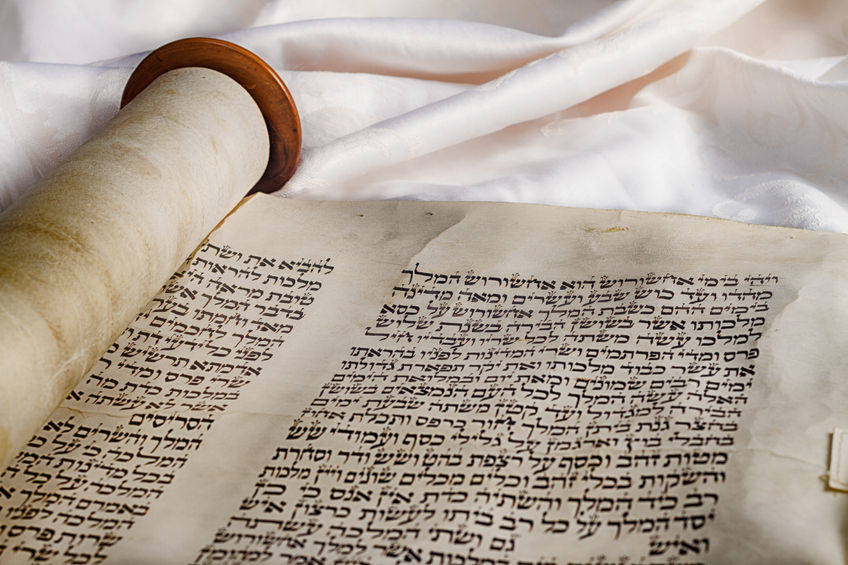History and faith can teach us many things if we are willing to listen and learn.
If we are brave enough to have them, discussions of these topics can be messy. The lessons learned are not always pretty and the consequences of actions taken (or not taken) have been severe. The Book of Esther is no different. It tells the story of a young Jewish woman who, against seemingly impossible odds, becomes queen of Persia and thwarts genocide of the Jewish people. It reads a bit like a made-for-TV movie filled with kidnapping, sexual subjugation, slavery, debasement, murder, xenophobia, and plenty of palace intrigue.
The Book of Esther, and Purim the holiday it commemorates, is a reminder that concerned people, making shrewd and courageous decisions, can and do make a difference. Esther was driven by a need to save the lives of her fellow Jews. Fortunately we are blessed with shining examples such as Martin Luther King, Elizabeth Peratrovitch, Candy Leightner and now David Hogg who have also taken a stand for humanity. The circumstances that led to their activism may have been different, but the process was the same. They stood up. They spoke out. They said “no more.” And along with these brave leaders were others who were willing to stand with them in spirit and solidarity.
America seems to be rapidly sliding back into a past from which we should be moving away. We have fed the flames of intolerance, bigotry and hatred and allowed it to roar through our communities and cast a deathly pall over our population. In recent months crosses have been burned in the yards of American citizens, Nazi’s have marched openly in our streets. Anti-Semitism and hate crimes are reaching all-time highs. In the first 45 days of 2018 there have been 18 mass murders in the United States. Tragically, many of the dead have been the children we brought into a world that has failed to protect them. And all the praying our leaders are asking us to do does not seem to stop these senseless killings. It is a sad commentary that our children find themselves in the horrendous position of reminding adults of the legacy we are leaving them. They want to know why we have forsaken them. Who is listening to their pleas? Where is the outcry from the faithful? Why are the voices from the pulpits so silent? Where is our outrage that we have not learned the hard fought lessons people have died for over the millennium? When will we recognize that history rewards those who work to enhance equality for all and vilifies those who only seek to apply justice to the selected few?
Sometimes the weight of the needs of humanity can be overwhelming: Immigrants fleeing death and the destruction of their homes and communities; victims of genocide; children gunned down in school; Americans seemingly forgotten and left without resources after major climatic events. Still in the face of all of this, it is too easy to be complacent as we mourn for people we do not know and whose existence does not touch us specifically. At some point in each of our lives we reach a cross road where we need to choose which path to follow. It may not be as dangerous as Esther’s. It may not be the result of the tragedy faced recently in Florida. But there will be choices to be made. Will we choose a path of darkness, despair and destruction? Will we follow the rhetoric of hate and divisiveness? Or will we follow a path set forward by the scriptures that justice and mercy and goodness are not to be held in a vacuum but practiced in our daily lives. Right now we have the freedom to make those choices. That may not be the case in the future. History attests to that and, sadly, many Americans have already paid the high price of living that reality.
As the Jewish community celebrates Purim and the great victory Esther achieved, I am reminded that one battle may have been won, but the war rages on. If we learn from Esther we will choose to fight injustice by standing up for a more just and safe world for all human beings.
• Chava Lee is Board President of Congregation Sukkat Shalom.“Living & Growing” is a weekly column written by different authors and submitted by local clergy and spiritual leaders.

